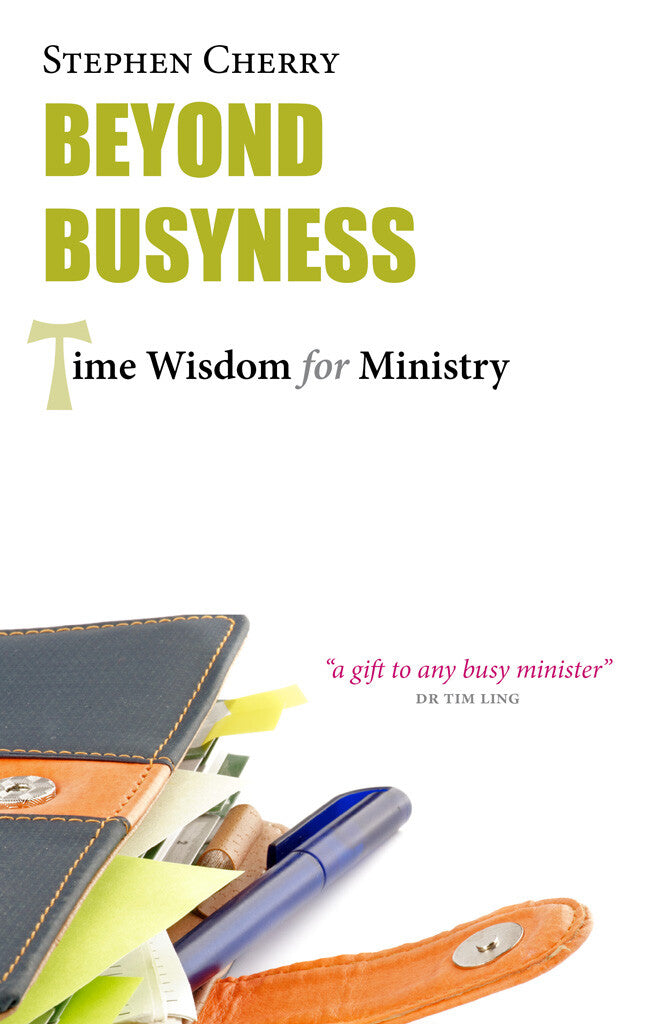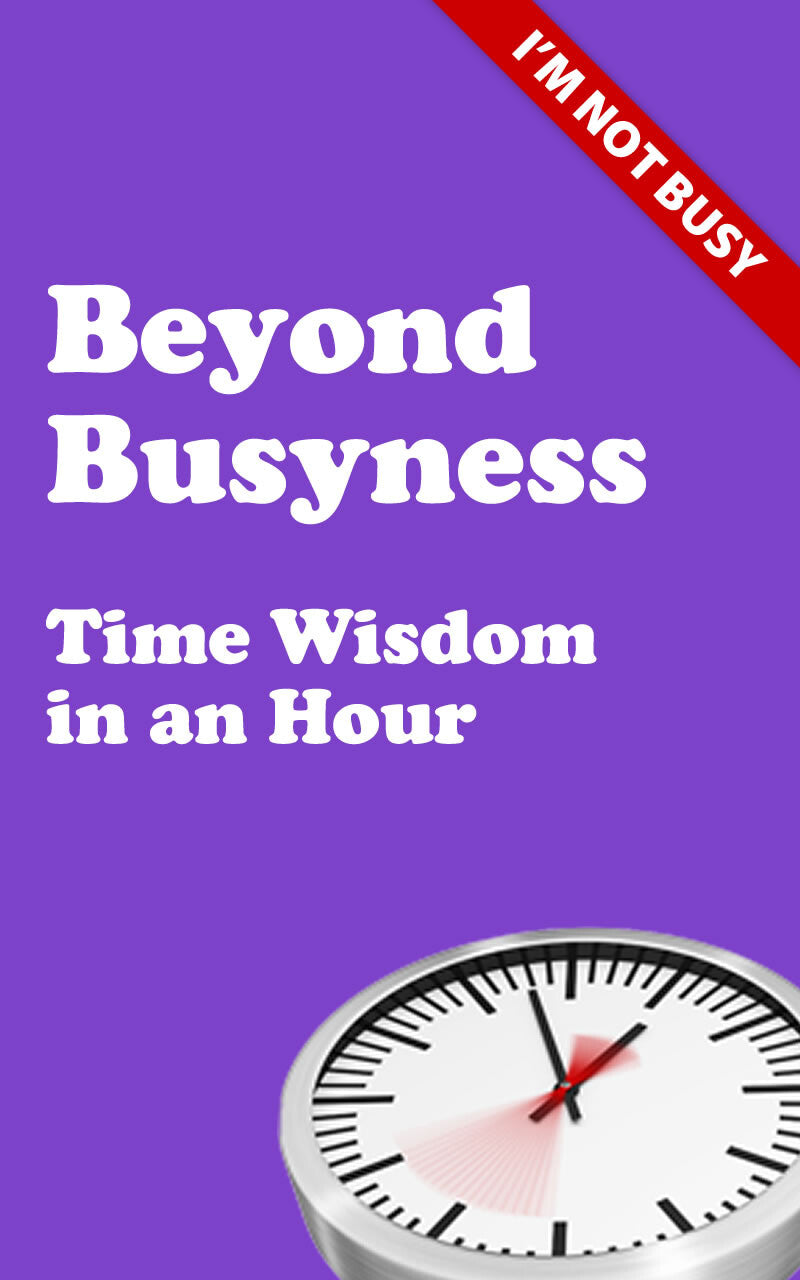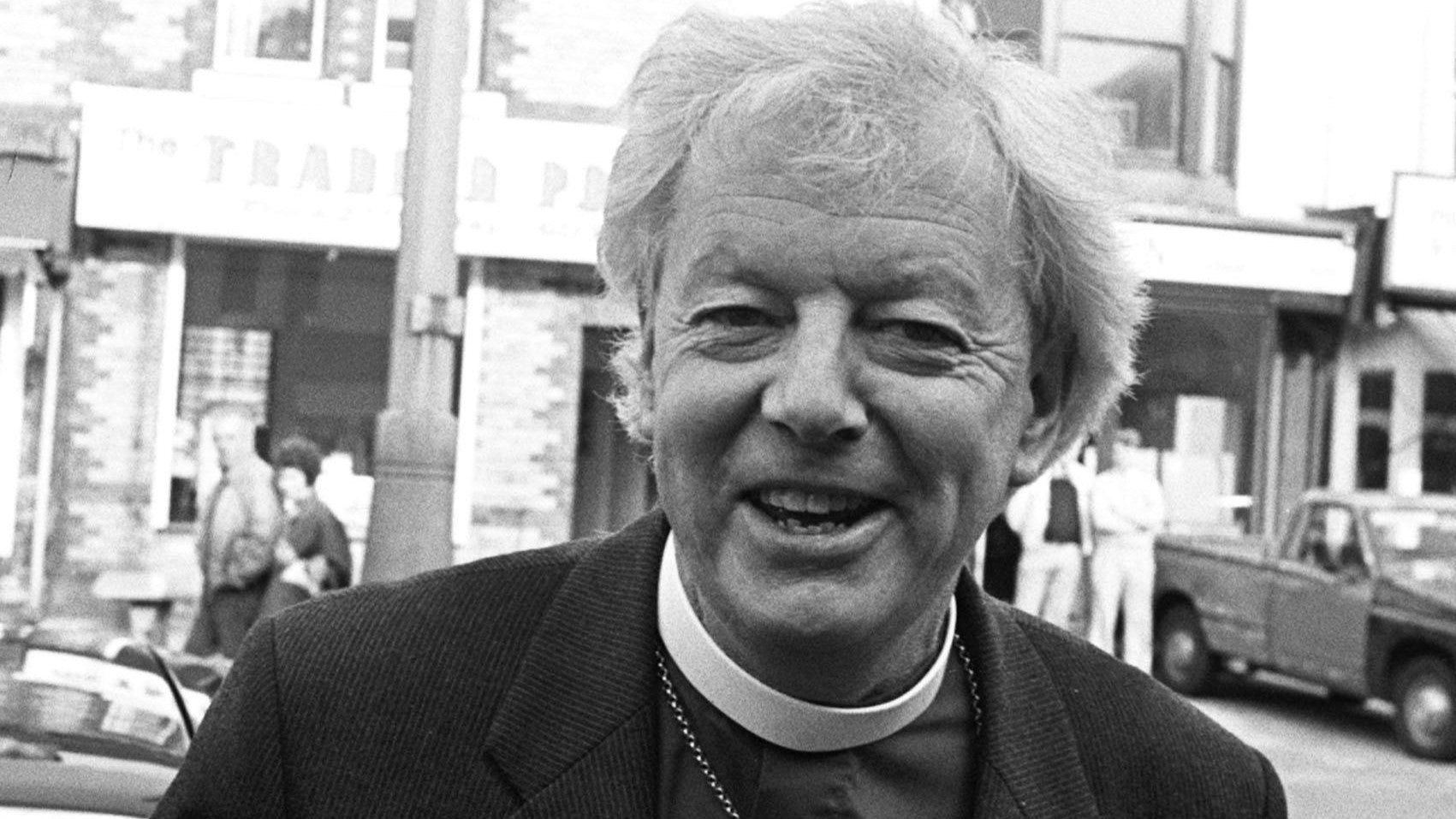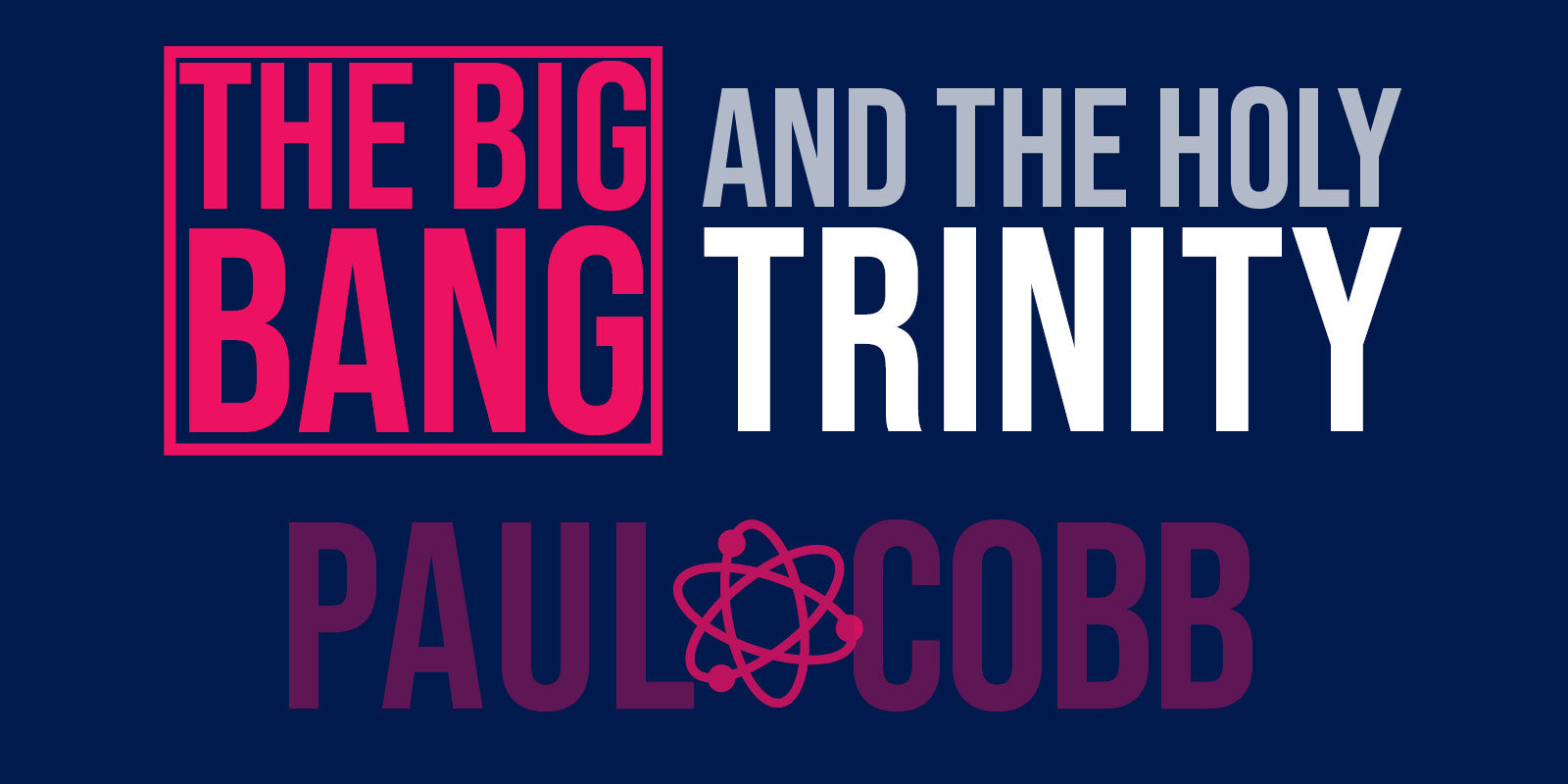To help us give up busyness this Lent and regain control of our schedules and lives, anthropologist Alan Macfarlane has written ten easy tips to avoid work stress and be efficient.
- Set a time limit for certain tasks (e.g. trying to solve a problem with computers, writing an essay, choosing something to buy). As C. Northcote Parkinson famously showed, “Work expands to fill the time available for its completion”. If you allow six hours to pack, it will take six hours. If you allow one hour, it will take one hour.
- For other tasks, always allow a little more time than you estimate you need. For example, if you are walking through a place you know, a walk which should take ten minutes, allow 15 minutes. If you meet obstructions, or friends, you will not be under anxiety about being late. This also obviously applies to catching buses, trains and planes, car journeys etc. It is an application of the famous Charles Dickens remark in David Copperfield: “Annual income twenty pounds, annual expenditure nineteen [pounds] nineteen [shillings] and six [pence], result happiness. Annual income twenty pounds, annual expenditure twenty pounds ought and six, result misery.” It is the same with time; just a little too little of it results in anxiety rather than misery.
- Always try to do a job well, but not perfectly. The last one percent, which hardly improves things, often takes as much time as the first ninety-nine percent. “The best (or better) is the enemy of the good”. “Good enough” is good enough. Remember that the “law of diminishing marginal returns on the further input of labour” applies to many things in life.
- Many things can be put into an actual or mental “pending tray”. That is to say, if you are not sure what you should do, or whether something is important, put it in a “pending tray” and leave it for a while. This applies, for example, to requests for things and to many emails. The curious thing is that by leaving them in this suspended state, about half or more will disappear – they were not things you needed to do.
- Concentrate and do one thing at a time. A major cause of strain in the internet age and high consumption age is that we are assailed by various messages simultaneously, or we are tempted to enjoy various things at the same time. Humans only have a limited ability to enjoy stimuli. If you want to listen to music, turn off the television; if you want to talk, turn off or ignore your mobile phone; if you want to enjoy reading, do not listen to music and watch television out of the corner of your eye.
- Remember that Descartes advice, to start with what you know and the certain, and to proceed to the unknown, makes it easier to solve problems. Also his advice that when faced with a difficult problem it is a good idea to divide it into bits and solve them one by one.
- When you are working on something complex, or trying to relax, keep a piece of paper (or mobile) beside you. If interrupting thoughts come into your mind, just write them down and then you can ignore them and look at them later to see if anything needs doing.
- Learn to say “no” to things which will just distract you from what you really feel you want or ought to do. In saying no, the way to avoid offence is to use the English technique of “Yes, but...” ‘Yes, I am honoured to be asked to chair that particularly committee, but I don’t think I would do it well because...” (e.g., my heart is not in it, someone else on it would be better, I would rather wait until I understand the job better) or whatever.
- Relax for at least ten minutes a day through some kind of physical recreation. Simple yoga, which empties the mind and irons out the tensions of the body, and which is a very pleasant thing to do at the end of the day with one’s friend or partner, is perfect.
- Remember we play a long game. We can now live with pleasure and very actively into our 80s or beyond. A particular day, month or year is only a part of what is hopefully a long and productive life.
Why don’t you try giving up busyness for Lent? You might find that you get more done! We have some great resources over at www.notbusy.co.uk, as well as on Twitter and Facebook.
Alan Macfarlane is a Fellow of Kings College Cambridge, and Emeritus Professor of Anthropological Science.
Beyond Business: Time Wisdom in an Hour and Beyond Busyness: Time Wisdom for Ministry by Stephen Cherry are two great books to help you regain control of your schedule and your life.












